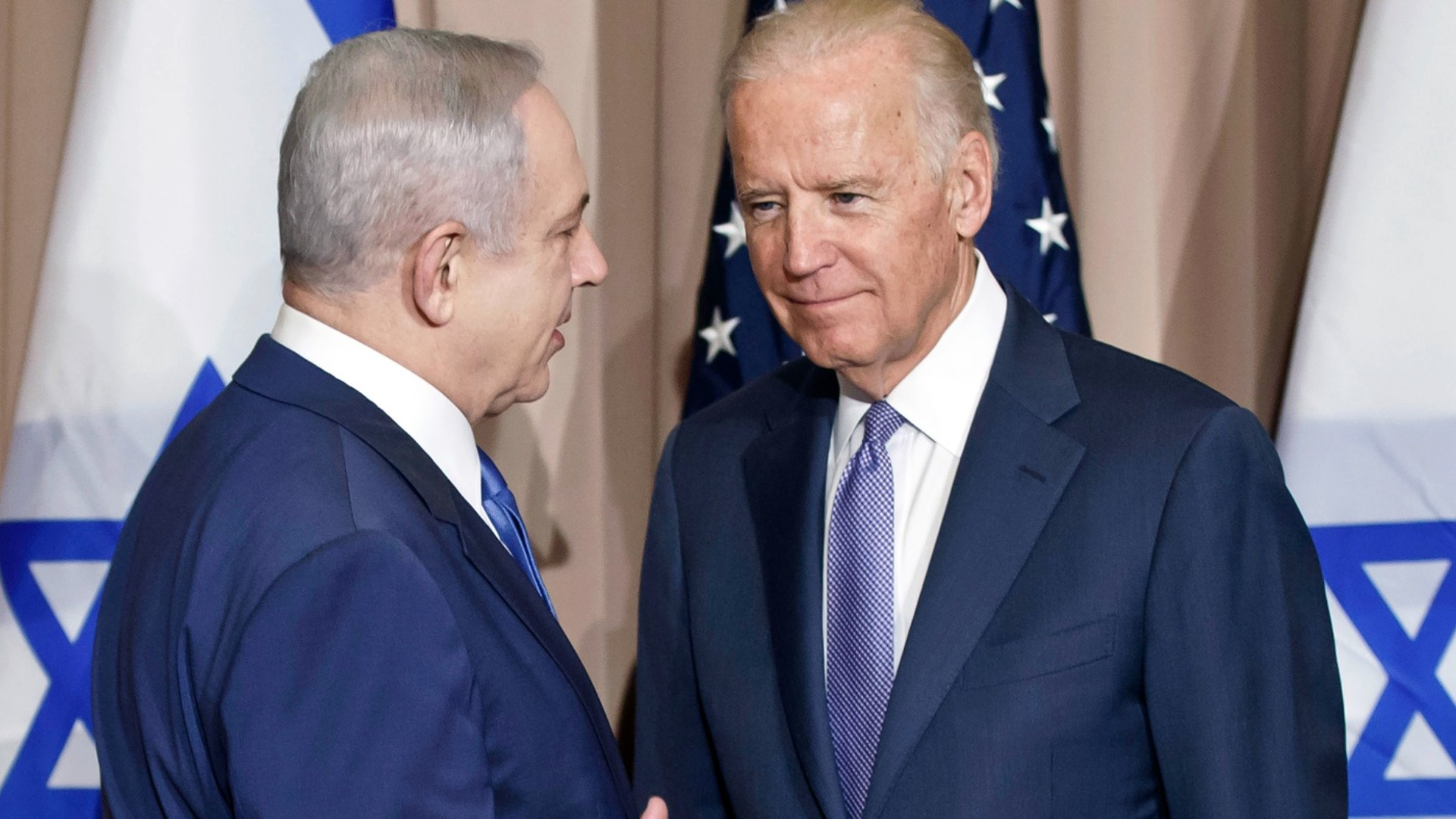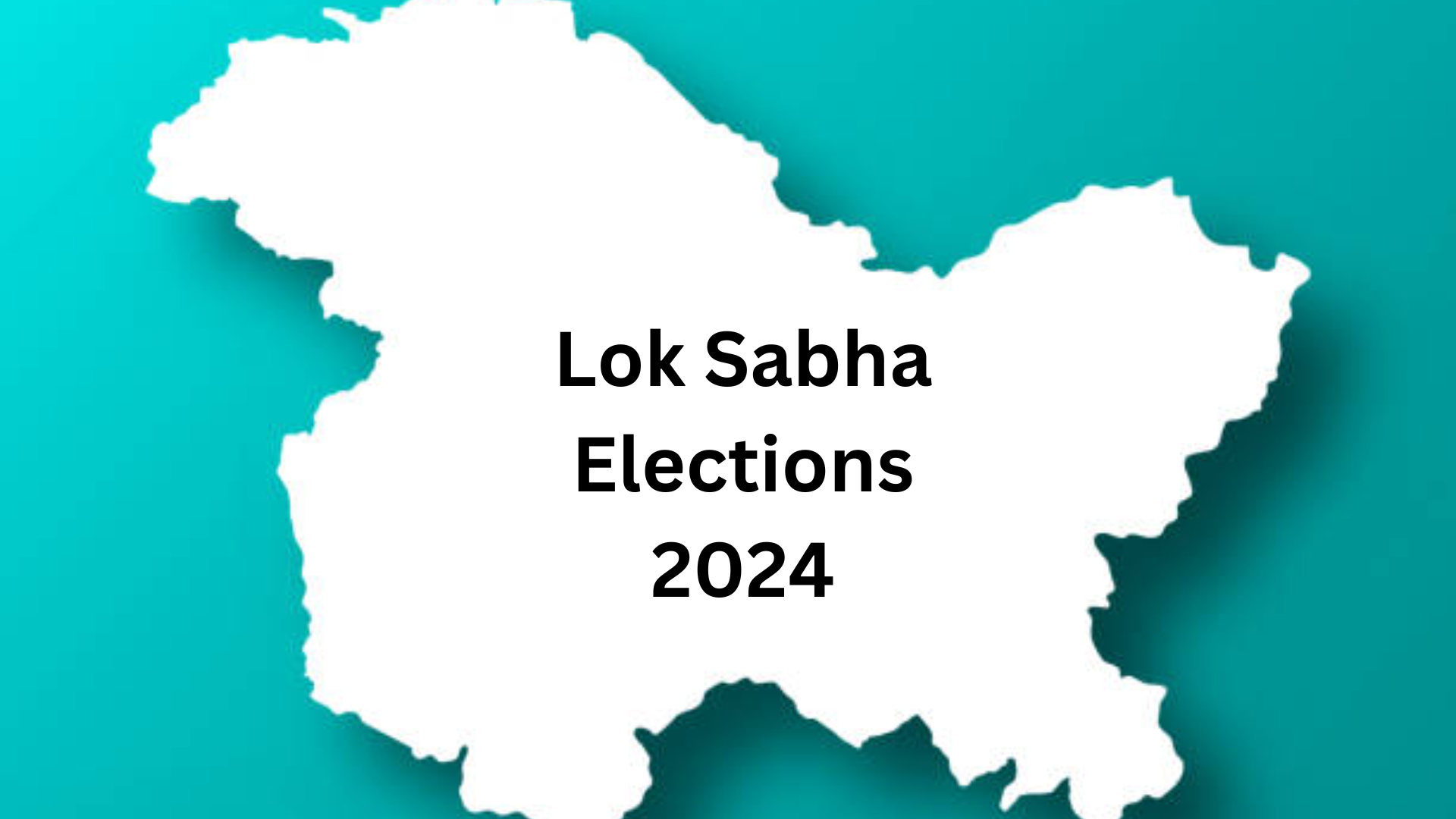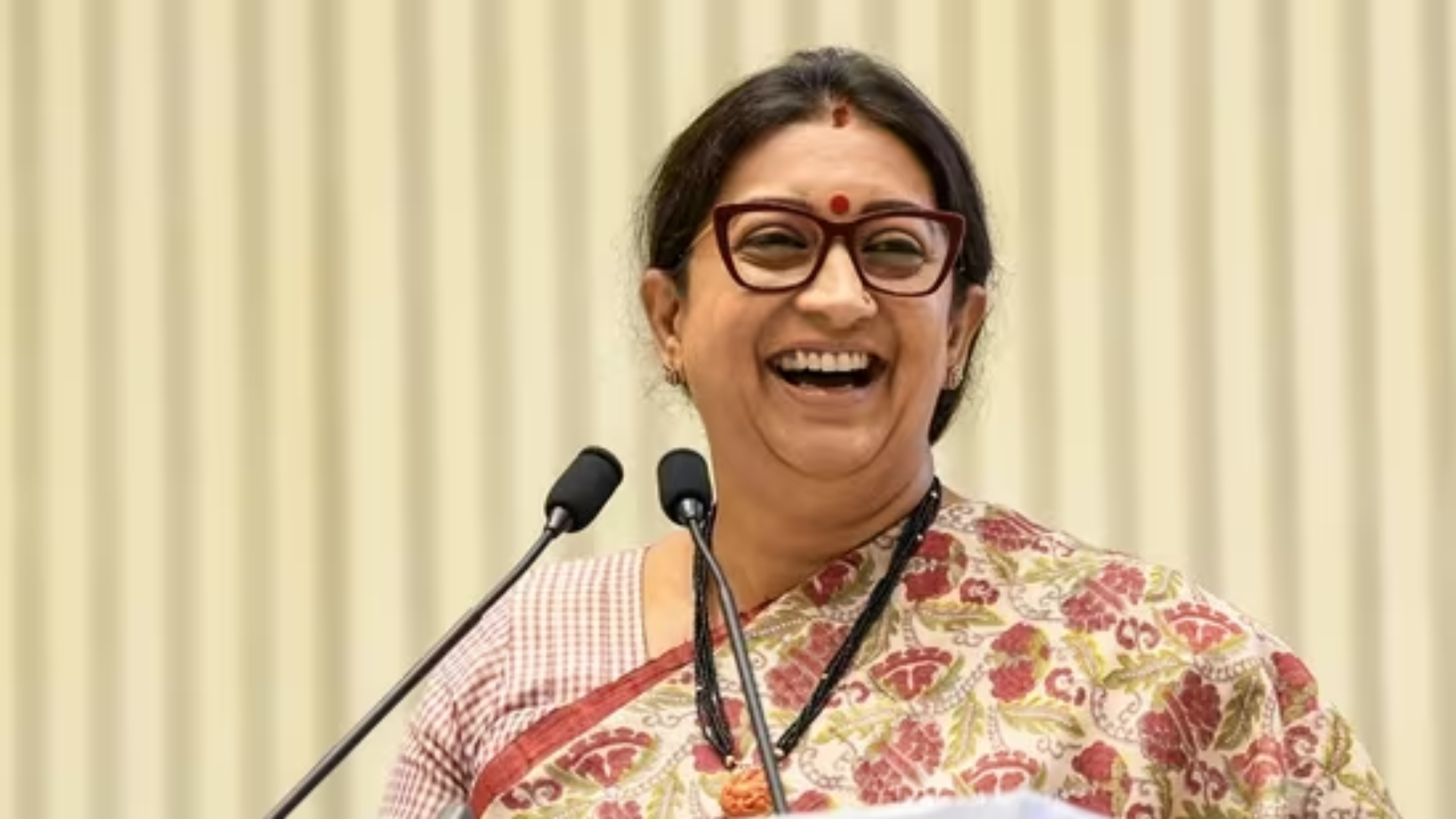



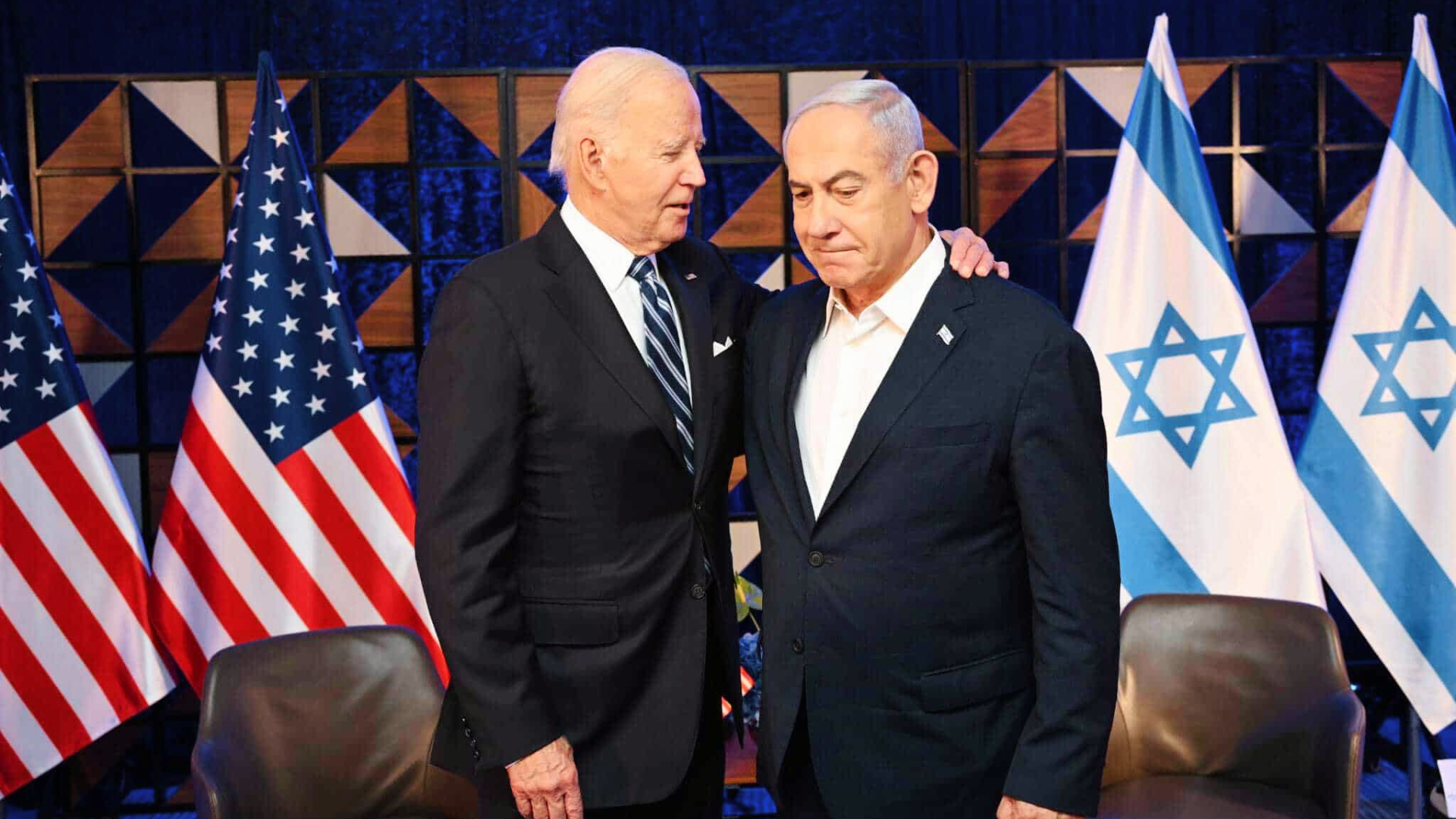

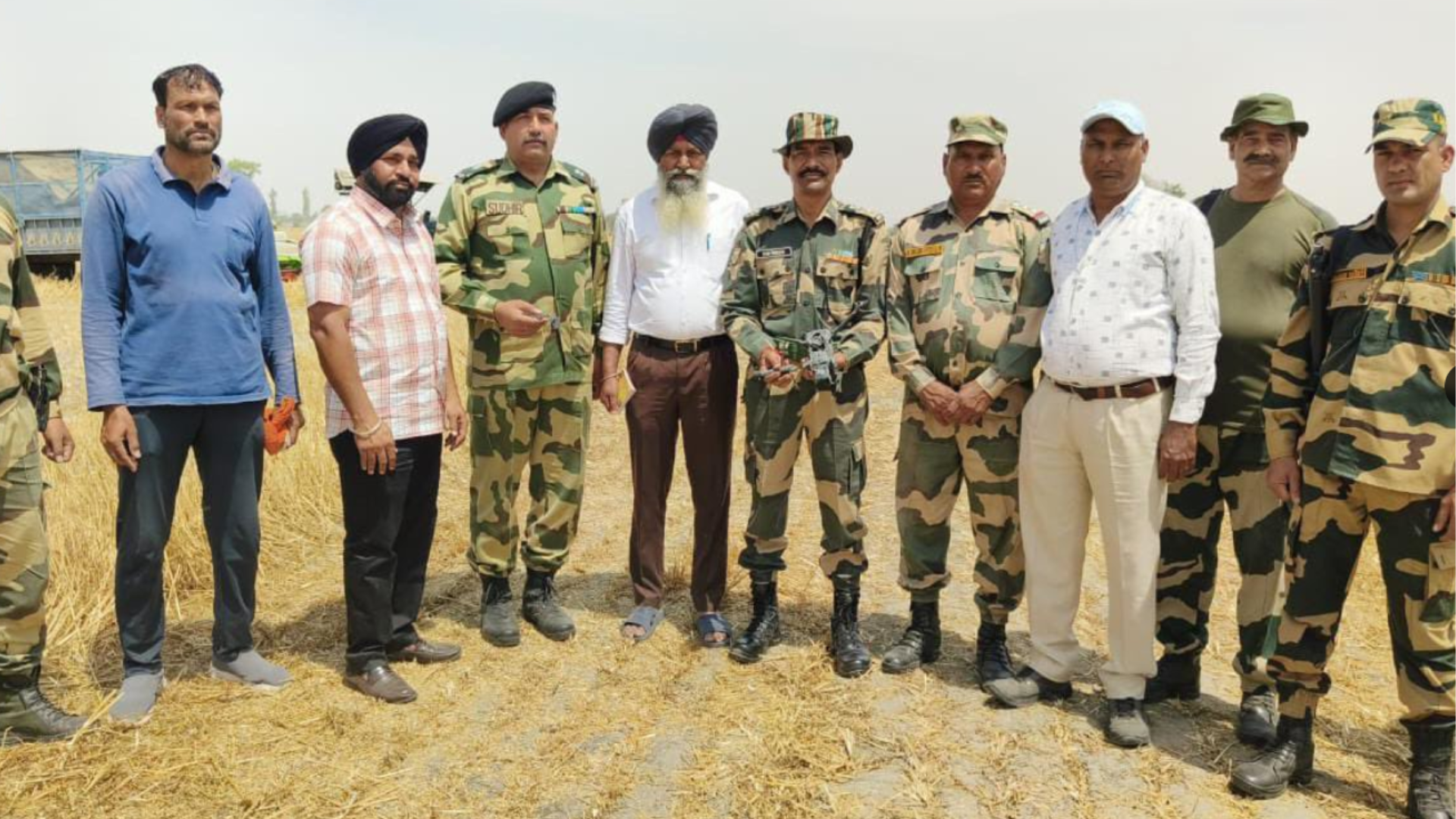


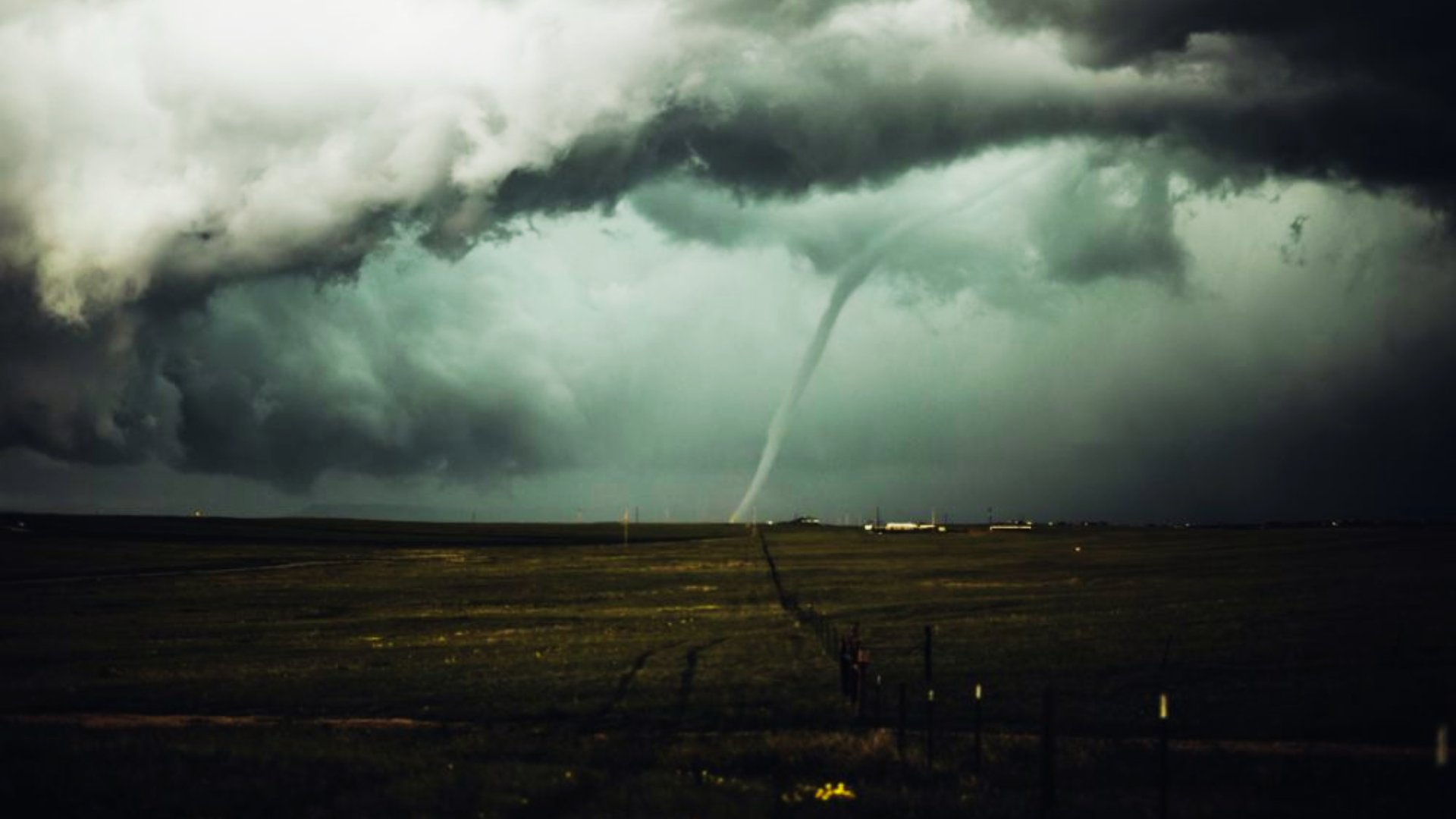
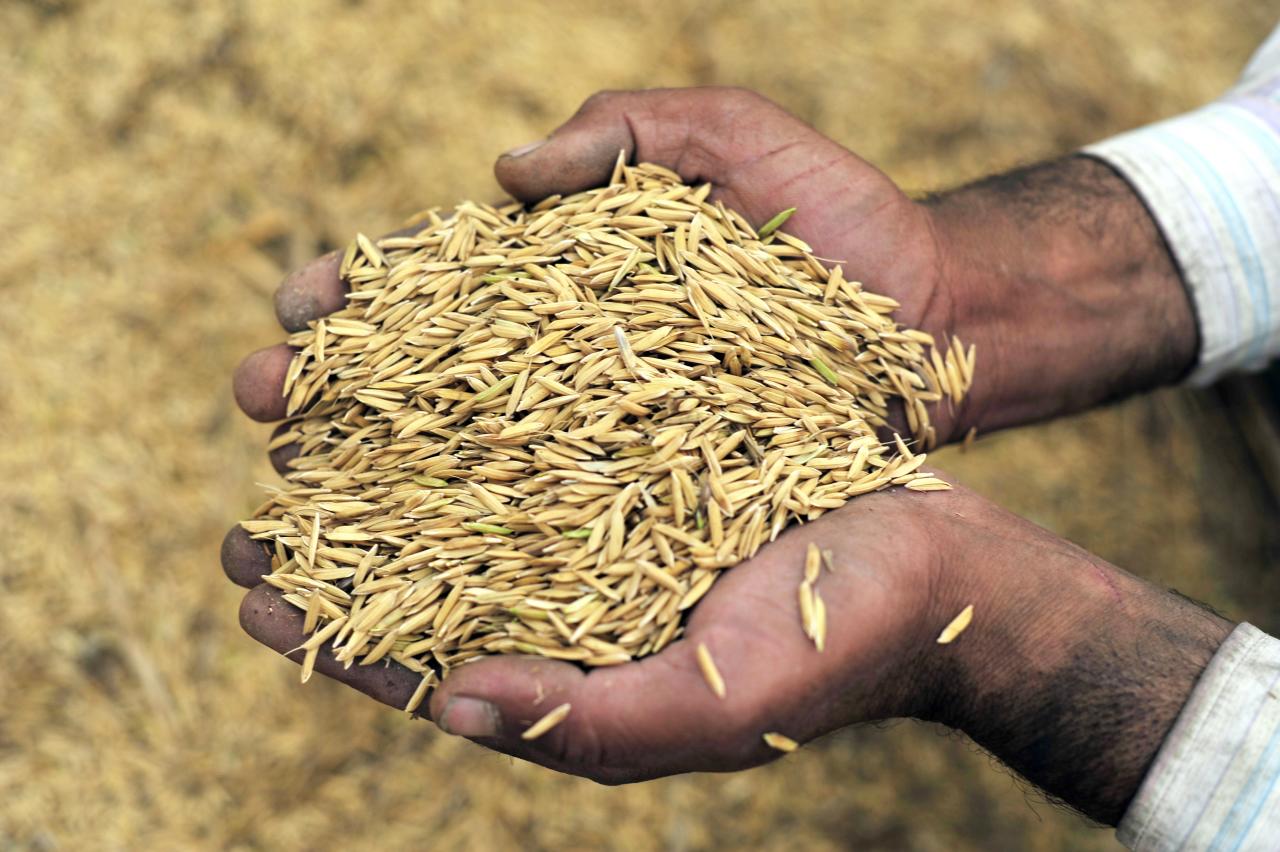
India said on Tuesday that it remained worried about the deterioration of global food security, which has been compounded by the ten-month-long conflict in Ukraine.
India’s Deputy Permanent Representative Ambassador Ravindra made these remarks at the UN General Assembly on the topic of “Strengthening of the coordination of humanitarian and disaster relief assistance of the United Nations, including special economic assistance”. “Sweden and India remain particularly concerned by the deterioration of global food security which has been exacerbated by the war in Ukraine,” ambassador Ravindra said in a joint statement on behalf of India and Sweden.
India and Sweden completely support the Black Sea Grain Initiative and welcome its extension by 120 days, which means that Ukrainian grain, foodstuffs, and fertiliser exports may continue from Black Sea ports, he added.
Ravindra stated that India has sold more than 1.8 million tonnes of wheat to nations in need, including Afghanistan and Myanmar, to assist low-income countries in combating food price increases and shortages.
“The humanitarian system makes a difference in the lives of the most vulnerable people every day. It provides assistance to the people that are suffering the most. And it saves lives in some of the worst places across the globe. But we must ensure that 2023 is not the year that breaks the system. This is a shared responsibility,” he said.
The Indian envoy also took notice of the most recent Global Humanitarian Overview report, which details the world’s current humanitarian concerns.
The United Nations and partner organisations said last week that the expected cost of the UN humanitarian response until 2023 is USD 51.5 billion, a 25% increase from the start of the year.
According to the United Nations Office for the Coordination of Humanitarian Affairs (OCHA), next year will set a new high for humanitarian relief needs, with 339 million people in need of help in 69 countries, a 65 million increase from the same time last year.
“As noted by the Secretary-General, 2022 has been a year of extremes. The conflicts and tensions across the world have triggered unprecedented challenges to global food and energy security. The Covid-19 pandemic, natural disasters such as floods and climate change continue to cause and exacerbate humanitarian emergencies,” he said.
India’s deputy permanent representative said the 2023 Global Humanitarian Overview calls for USD 51.5 billion to bring life-saving support to 230 million of the most vulnerable people. “This is a formidable challenge for the entire international community, and one we cannot afford to downplay.”
Ravindra raised concern about violence against humanitarian workers in armed conflict and the persistent shortfall in financing humanitarian appeals remains a challenge.
“Today, funding to the humanitarian system relies on too few donors. Currently, ten donors provide 90 percent of humanitarian funding. This is not sustainable,” he added.

